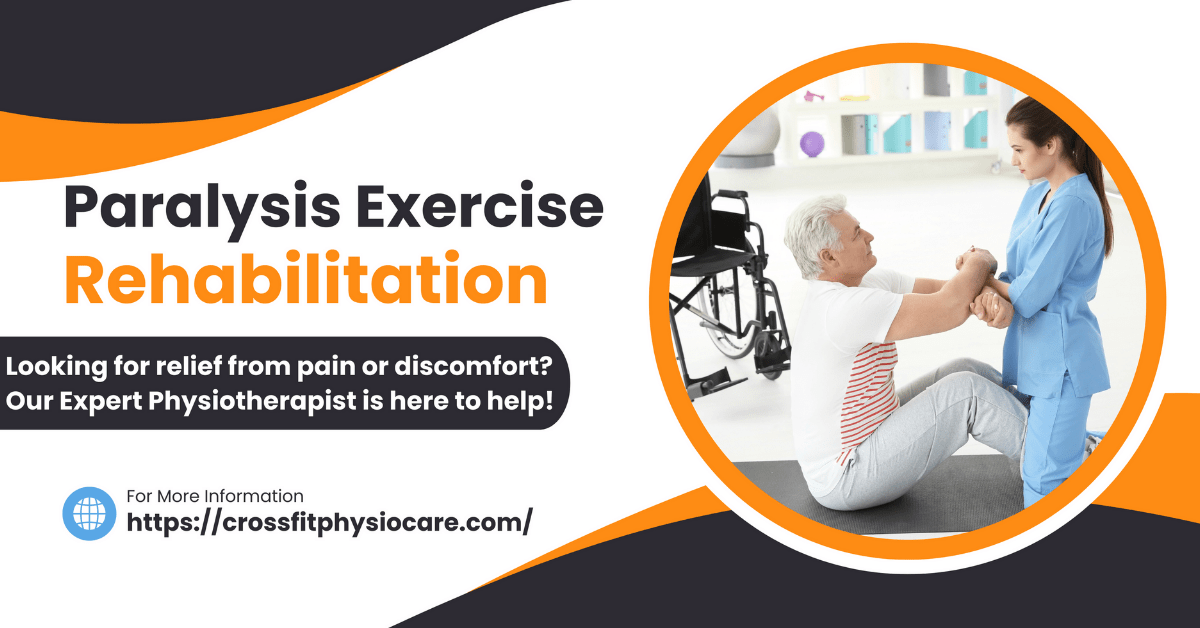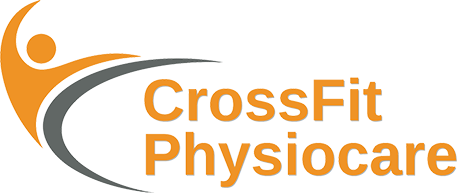
Paralysis Exercise Rehabilitation
Paralysis exercise rehabilitation, also known as neurorehabilitation, is a specialized form of physical therapy designed to help individuals with paralysis regain function, mobility, and independence after neurological injuries or conditions that result in loss of muscle control and movement. Neurological injuries can include spinal cord injuries, stroke, traumatic brain injuries, and conditions like multiple sclerosis or cerebral palsy.
The goal of paralysis exercise rehabilitation is to optimize the individual’s physical abilities, enhance their quality of life, and promote their overall well-being. The rehabilitation process is tailored to the specific type and level of paralysis, as well as the individual’s unique goals and needs.
Key Aspects of Paralysis Exercise Rehabilitation:
Assessment: A thorough assessment is conducted to understand the extent of paralysis, the individual’s muscle strength, joint range of motion, coordination, and functional limitations.
Individualized Plan: Based on the assessment, a personalized exercise and rehabilitation plan is developed to target specific areas of concern.
Functional Goals: Rehabilitation focuses on improving functional abilities and daily activities, such as transferring from a bed to a wheelchair, walking with assistive devices, dressing, and self-care.
Muscle Strengthening: Paralysis often leads to muscle atrophy (weakness), so exercises to strengthen remaining muscle groups are a key component.
Range of Motion Exercises: Passive and active range of motion exercises help maintain joint flexibility and prevent contractures (stiffening of joints).
Balance and Coordination Training: Balance exercises are important for preventing falls and improving overall stability.
Assistive Devices: Training in the use of assistive devices, such as wheelchairs, braces, or walking aids, is essential for mobility.
Gait Training: For individuals with partial paralysis, gait training (learning to walk) with assistive devices or specialized equipment is a critical part of rehabilitation.
Cognitive Rehabilitation: In cases of brain injuries, cognitive exercises may be included to address memory, attention, and problem-solving skills.
Benefits of Paralysis Exercise Rehabilitation:
Improved Independence: Rehabilitation can help individuals regain independence in activities of daily living and reduce the need for assistance.
Enhanced Quality of Life: Improved mobility and function contribute to a higher quality of life.
Prevention of Complications: Rehabilitation helps prevent secondary complications like pressure sores, joint contractures, and muscle imbalances.
Physical and Psychological Well-being: Engaging in exercises and rehabilitation can lead to physical improvements and boost psychological well-being.
Adaptive Techniques: Individuals learn adaptive strategies and techniques to overcome challenges.
Paralysis exercise rehabilitation is a comprehensive and ongoing process that requires collaboration between the individual, their healthcare team, therapists, and caregivers. The focus is not just on physical recovery, but also on psychological and emotional support. The earlier rehabilitation is initiated after a neurological injury, the better the chances of achieving optimal outcomes.
- Daani Plaza E-595-596, 4th Floor, Ramphal Chowk Rd, Block E, Sector 7 Dwarka, New Delhi - 110075
- +91 99996 26251
- support@crossfitphysiocare.com
How can we help you?
If you are looking for the best and nearest physiotherapist, then click below to message us on WhatsApp.
